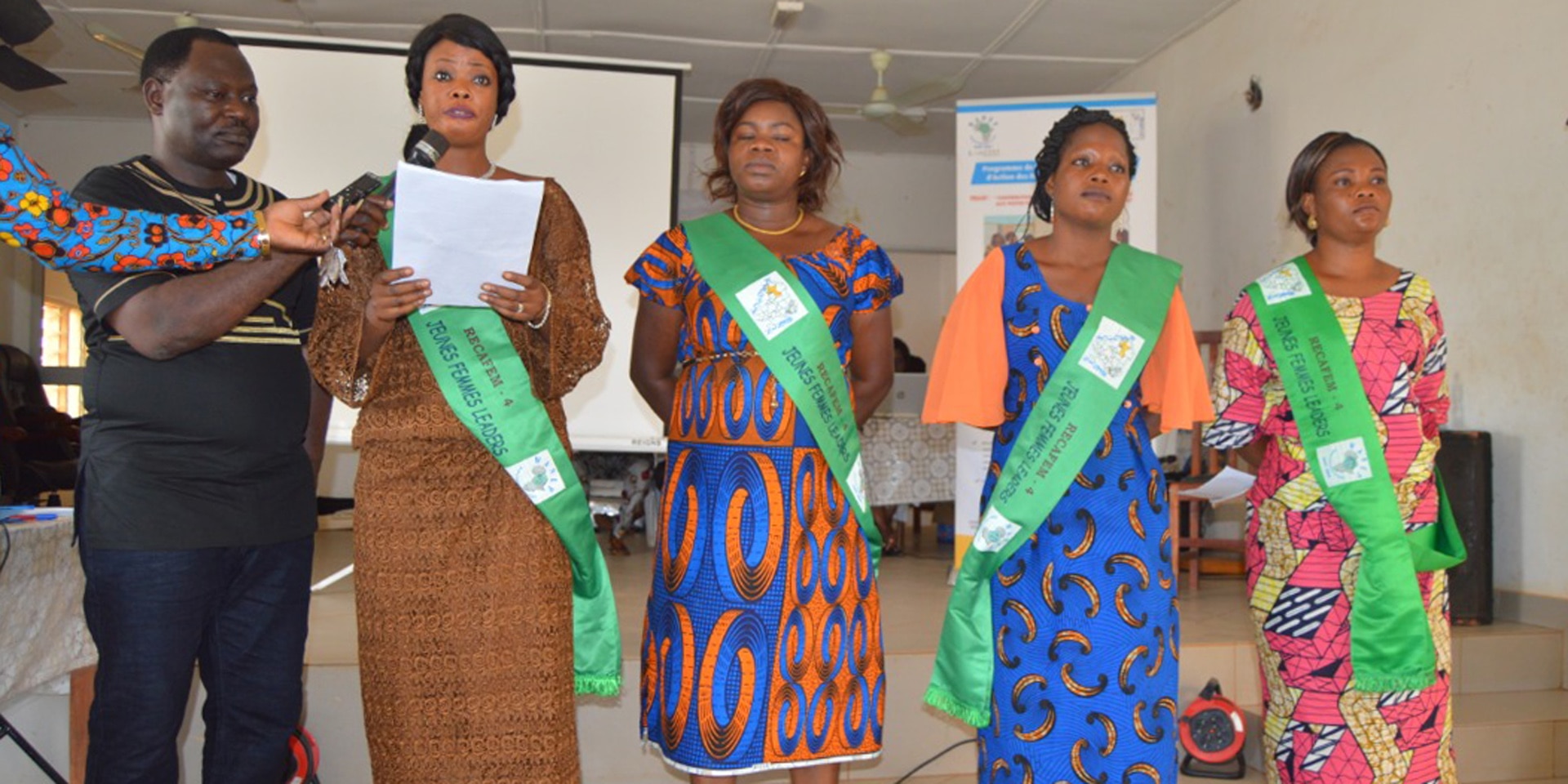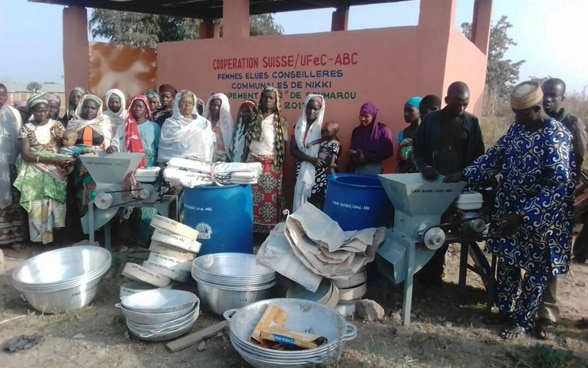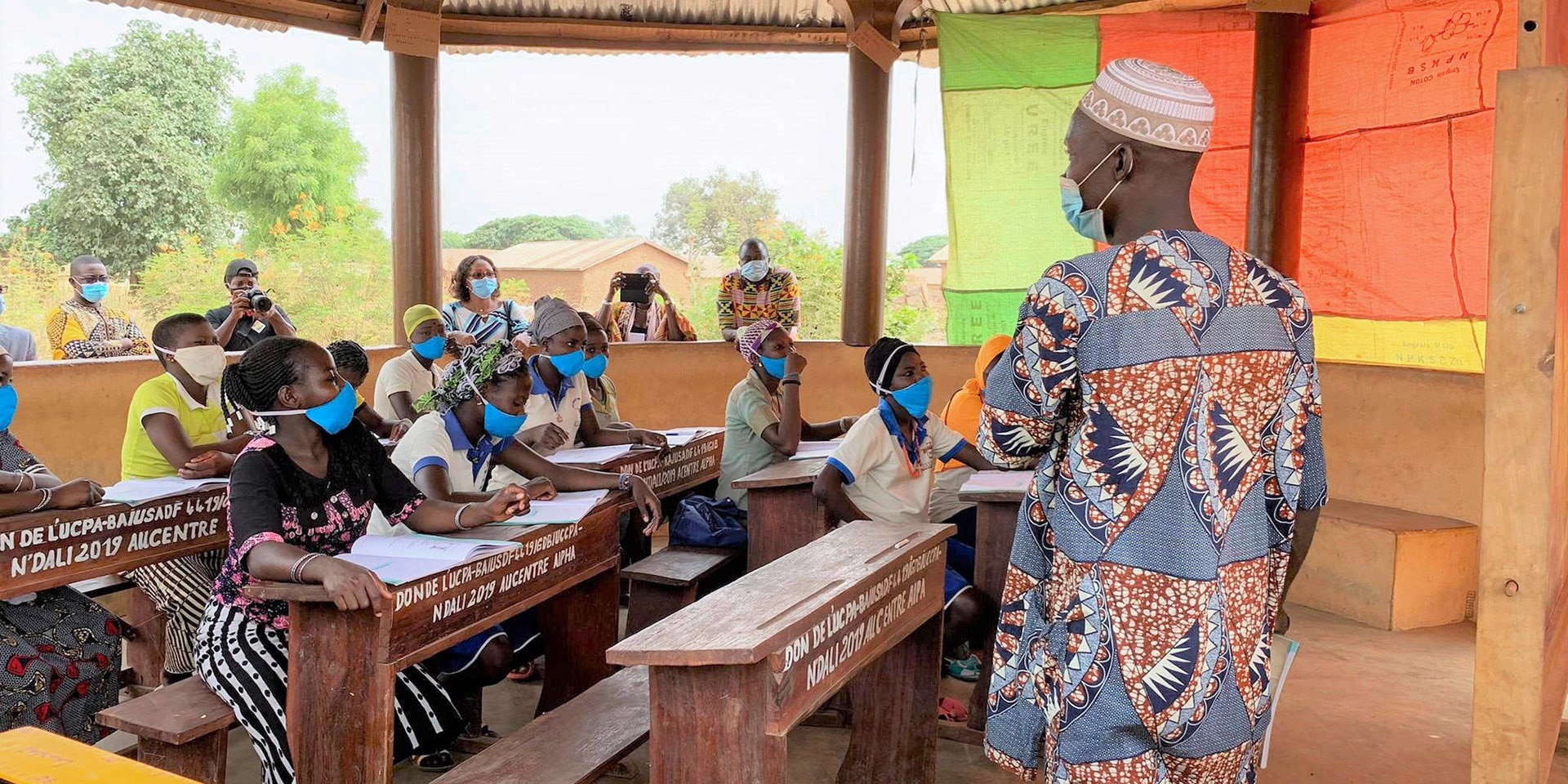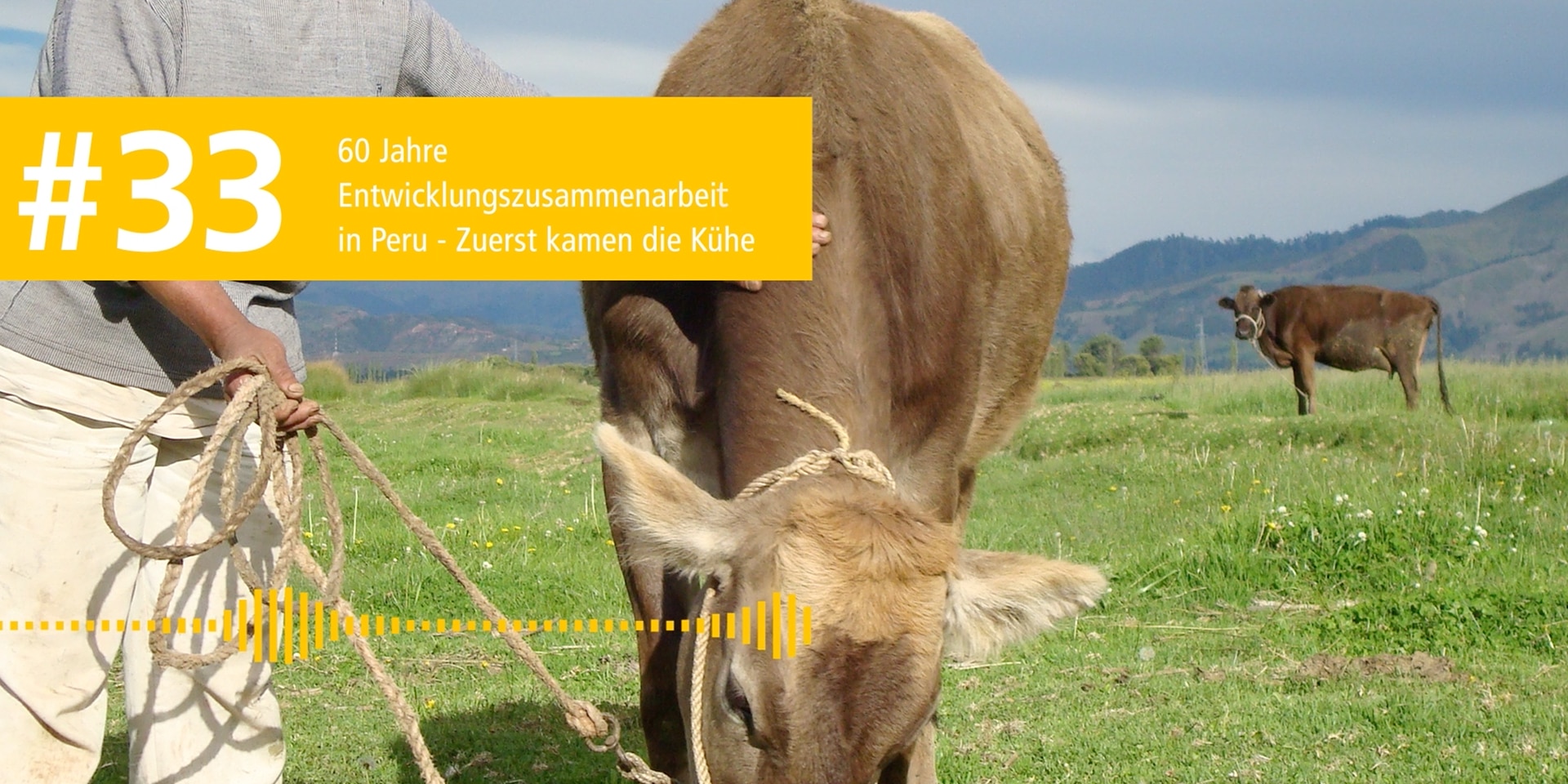Standing up for Beninese women
On 12 February 2023 – one month after the general elections – Benin's National Assembly has welcomed its new members of parliament. For the first time in Benin's democratic history, twenty-eight of the 109 parliamentary seats will be occupied by women. Switzerland's governance and gender equality programmes have helped to strengthen women's political leadership.

A meeting with women from the women's leadership programme seeking to be included on electoral lists. The programme is a component of Switzerland's cooperation work in Benin. © Swiss cooperation work in Benin, SDC
On 12 February 2023 – one month after the general elections on 8 January – the National Assembly of Benin has welcomed 109 newly elected members of parliament, including a record-breaking 28 women. It is a proud and immensely satisfying moment for Beninese women.
General elections held on 8 January
On 8 January 2023, the Beninese went to the polls to choose a new parliament. This was the ninth general election since the democratic system was established in 1990 and marks a turning point for women in Benin. "For the first time in the history of Benin's democracy, 25% of National Assembly seats are occupied by women. The victory comes after years of struggle and activism by women and men working for women's participation in decision-making", says Blandine Codjia Agossou, a gender and education expert at the Swiss Cooperation Office in Cotonou.
Until now, women represented less than 10% of the National Assembly members elected in successive elections, so 25% represents a huge and unprecedented leap forward for women in politics in Benin.
Policy of affirmative action
Following the previous general election in 2019, Benin added affirmative action rules to its Electoral Code with a view to increasing the number of women represented in the National Assembly. "Since affirmative action was brought in as part of the electoral reforms, we have seen unprecedented numbers of women putting themselves forward for parliamentary elections," said Melanie Büsch, programme officer at the SDC in Bern, before the latest election took place.
The policy has yielded good results, with the National Assembly now boasting 28 female members. In a country where male candidates still heavily outnumber female candidates, the new gender-friendly rules have contributed to this success.
Despite the progress made, there is still work to be done, especially in terms of citizenship education. Fatoumatou Batoko Zossou, head of NGO Hunger Free World in Benin and chairperson of the Civil Society Organisation (CSO) Electoral Platform, points out that political parties and CSOs have a key role to play: "We commend the government of Benin for bringing in affirmative action, which has significantly increased the number of women in parliament. However, the low voter turnout indicates a general apathy towards elections and also towards political governance and management of the political process. We need to address this issue soon if we are to achieve participatory, inclusive and sustainable development."
The CSO Electoral Platform, which is funded by the SDC and the EU, carries a lot of legitimacy with Benin's electoral bodies. It conducts political dialogue with all stakeholders in the run-up to elections.
With the help of observers deployed in Benin's constituencies, it monitors and assesses the voting process and shares its findings with the media.

Work is bearing fruit
The candidates who were elected on 8 January include women who benefited directly from Swiss-funded capacity-building programmes. For over 20 years, Switzerland's governance and gender equality programmes have been helping to strengthen women's political leadership. Between 2015 and 2020, nearly 300 Beninese women between the ages of 18 and 40 benefited from training, coaching and peer-to-peer experience sharing, enabling them to build political leadership skills. The women include local councillors and future members of parliament.
Women's representation at this level is an opportunity to step up the fight for greater gender equality in Benin. The 28 women elected now face the challenge of working together and standing up for Beninese women in parliament.
Switzerland's activities in Benin
A small coastal country, Benin occupies a strategic position in West Africa, connecting the Sahel to the Gulf of Guinea. Despite sound economic growth, it is still not very inclusive and has failed to address economic inequality, especially among young people and women. Benin is also facing growing insecurity, especially in the north.
Switzerland supports various public and private actors in reducing poverty in Benin. It is focusing on Borgou, Alibori, Atacora and Donga, departments in the north of the country that border on other countries, and is working to promote rural and local economic development, basic education and vocational training, good governance and gender equality. Switzerland is also devoting more attention to left-behind groups and the challenges posed by climate change.
AGORA, Switzerland's programme to support local governance and boost the country's appeal, helps municipalities and communities in northern Benin in delivering high-quality basic public services (education, health, access to water, civil status). Improving living conditions and creating job opportunities for young people helps to prevent the spread of violent extremism in Benin and reduces the risk of young people joining jihadist movements. PAEG, Switzerland's national gender equality programme, is working to ensure respect for women's rights, focusing on the fight against gender-based violence and strengthening women's political leadership.


